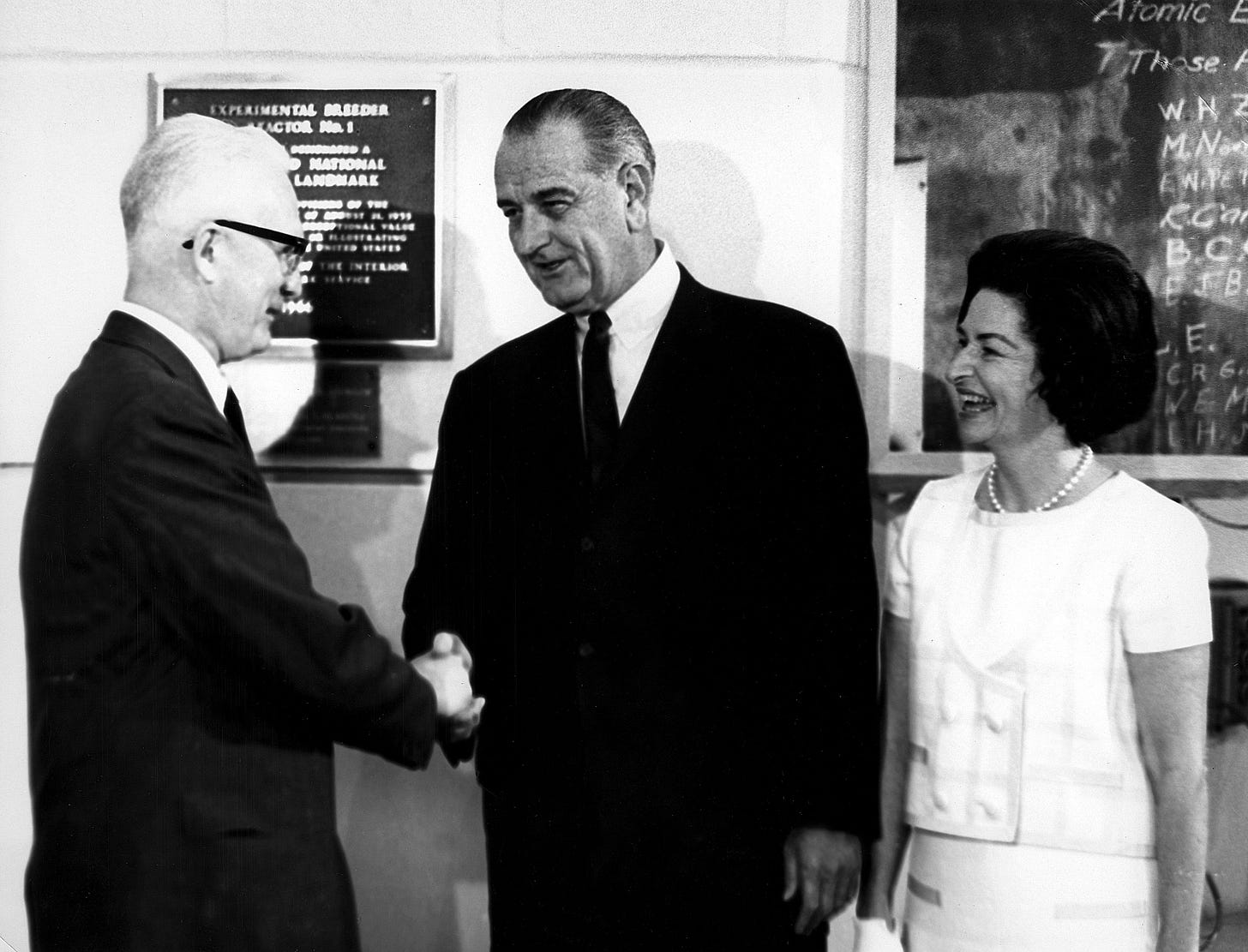Sixty Years Ago, LBJ Made the Case for the Kind of Nation Trump Is Trying to Destroy
In an extraordinary address at Howard University in June 1964, a President set forth a vision for an America that lives up to the ideals Jefferson enunciated in 1776.
Lyndon Johnson was not a great — not even a good — public speaker.
But on several occasions during the Long 1964 (which I define from the JFK assassination in November 1963 through the summer of 1965), he rose to the moment and made extraordinary commentaries on America’s hopes and history. On…





